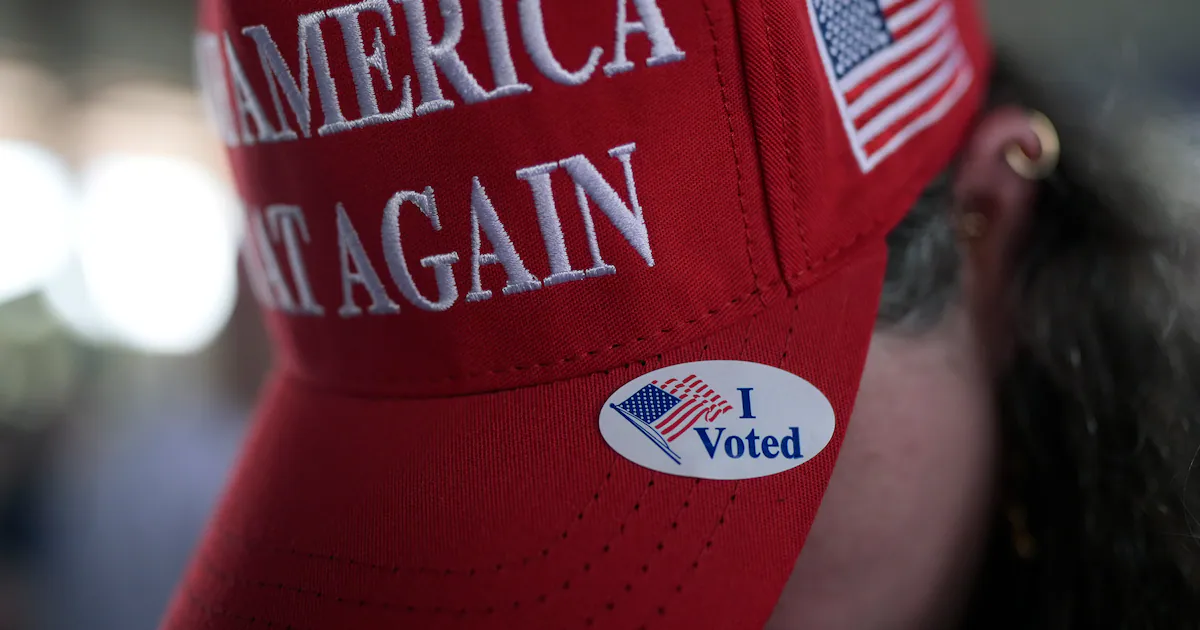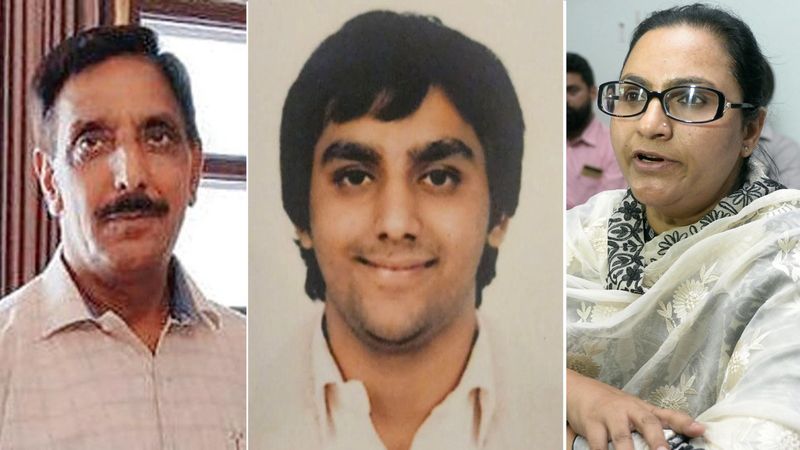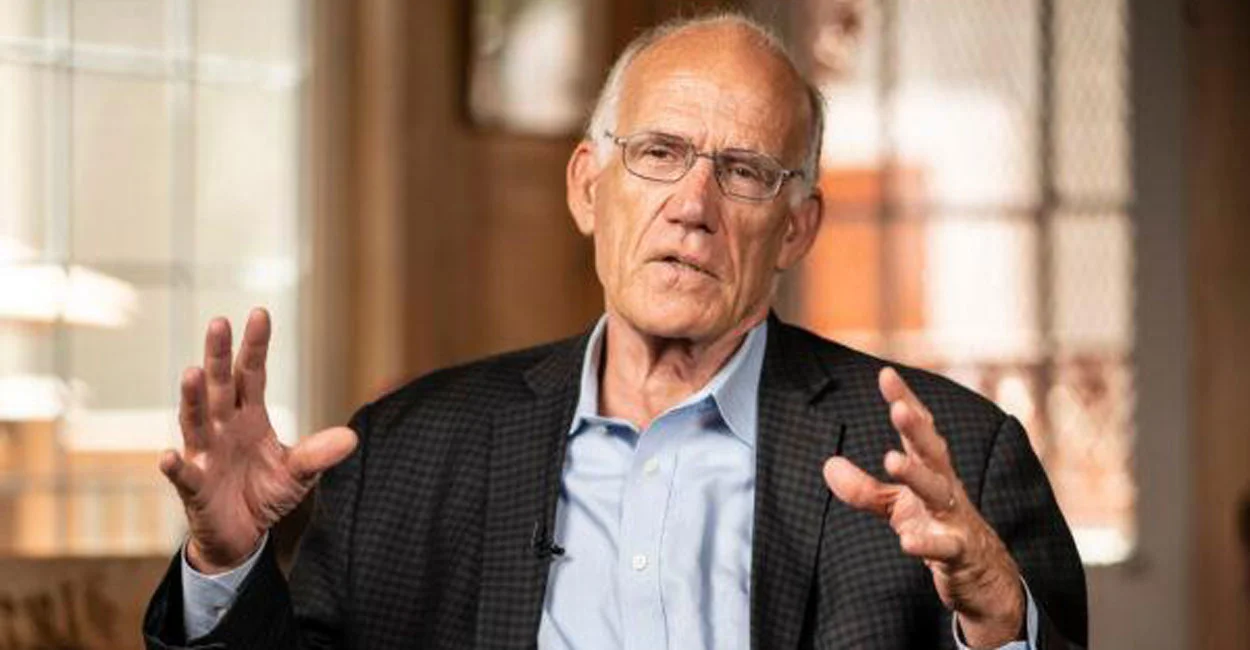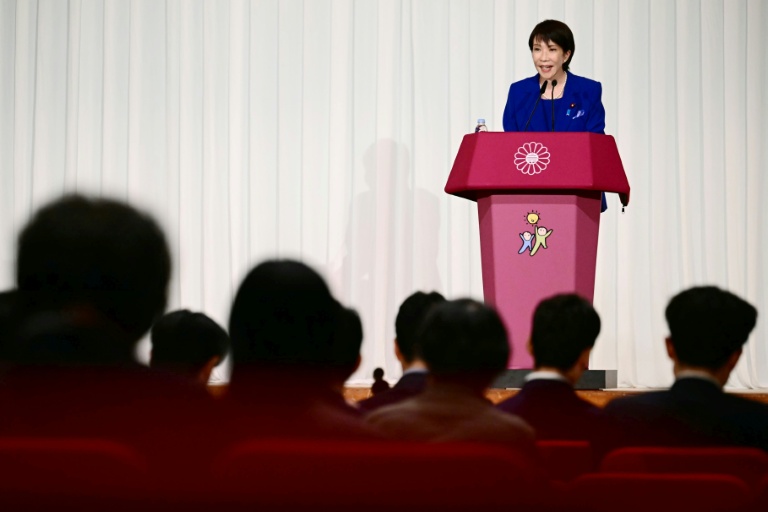Copyright Anchorage Daily News

Rarely, if ever, in American history has political party allegiance been so closely correlated with religious beliefs. A White evangelical churchgoer in our country is now 82% likely to be a Trump supporter, according to the Pew Research Center, meaning that churches are also increasingly politically homogeneous. There may be understandable reasons why this has become the case — Democrats have not exactly welcomed Christians with open arms — but it limits the interactions of people in the same faith with different political viewpoints, making it easier to conflate godliness with voting patterns. I’m reminded of some wise words from half a century ago: “The danger of mistaking our merely natural, though perhaps legitimate, enthusiasms for holy zeal, is always great,” wrote theological legend C.S. Lewis. Among many White evangelical Christians, there’s a sense of divine providence around the Trump administration. One doesn’t have to squint to see why. I’m worried about it — and what it might end up costing the church if it’s something leaned into, and not against, as Lewis suggested. From the very beginning of Trump’s first presidential campaign, supporters talked about taking the country back for God, away from secular progressives. That murmur was amplified following both failed assassination attempts on the president’s life. The grazing of a bullet seemingly could only be explained by God’s mercy and provision. Then came the funeral of Turning Point USA founder Charlie Kirk, which WSJ columnist Peggy Noonan correctly called the largest evangelical event in America since the heyday of evangelist Billy Graham — but this time, one featuring top Republican brass. (Graham notably counseled presidents of both political parties.) Up until this week, we had a tentative peace in the Middle East, ground zero of the Bible story. All the living hostages have been returned to Israel and food supplies are trickling into Gaza, giving rise to the thought that only someone with God’s favor could have cut through the divide. To be sure, Christians should pray and work for peace, rejoice when tragedy is averted and cheer when the Gospel is shared. But the confluence of events has given rise to an implicit and at times explicit messianic complex in GOP politics; that God is exclusively working through one party and one person and one nation. To be on the other side is not only to be on the wrong side of political history, but of the faith itself, or so GOP supporters might decide. This is dangerous ground. The implication is not that Christians should stay away from politics. It’s that Christianity shouldn’t be shrunken and squeezed to fit into our modern political parties, with their sprawling agendas, nor should its power be used to excuse or justify any politician’s actions. The late Presbyterian pastor Tim Keller warned that America’s two—party system draws arbitrary lines across orthodox Christianity. That has historically been true; consider one party’s priority of ending abortion and the other’s priority of helping the poor. Thus, Christians should be wary if they find themselves comfortably at home in one party or the other. Christians are called to love without boundary and certainly beyond political allegiances. But the cost isn’t only in the slicing and dicing, in the deprioritizing of religious teachings if they don’t fit within our political framework. The cost is also that a religious cloak has the power to disguise what may actually lie underneath. Lewis warned: “The demon inherent in every party is at all times ready enough to disguise himself as the Holy Ghost; the formation of a Christian Party means handing over to him the most efficient makeup we can find.” The GOP is not (yet) an explicitly Christian party. But many White Protestant Christians don’t see a political alternative. President Joe Biden excluded faith-based child care services from his Build Back Better plan, the Democratic Party essentially expunged all pro-lifers from the fold, and prominent Democrats have disparaged voters for “clinging to religion” and leaders because the “dogma lives loudly within you.” Almost 6 in 10 Christians say the Democratic Party is “hostile” to their religion, according to a survey from earlier this year. The danger is that if Republicans and Trump are seen as the only welcoming political home for White Christians, it becomes harder to question ICE raids on vulnerable people or merciless retribution visited on political opponents. It puts a spiritual halo around actions that are a far cry from the Gospel — because they’re seen as the only political ride in town. A conflation of church and state also gives non-church goers — religious “nones” — a reason to move even further away from the church. Christianity becomes like any other identity group, seeking self-protection and political power. There’s no enchantment in that. No wonder so many people are spiritually disillusioned, politically disillusioned. But lately I’ve been thinking that disillusionment actually may bring us closer to Christianity’s ancient roots. Jesus of Nazareth was born into a corrupt political system, with a corrupt religious establishment, in an exiled ethnic group. Into this reality, “he did not repeat the story of which history has so many illustrations, the story of the victim of oppression who, in the name of justice, dethrones the oppressor and takes his seat on the same throne with the same instruments of oppression,” theologian Lesslie Newbigin writes in “The Gospel in a Pluralistic Society.” (Like so much of what we’re seeing in vindictive, polarized politics today.) Jesus loved, healed, and shared across every gender, ethnic, political and religious barrier of his day. His refusal to play by society’s old rules gave him a new form of power. Surely that has increasing resonance among the politically exhausted and spiritually disenchanted. Enthusiasm in politics is a good thing. Ascribing God’s will to a political party is quite another. Given the overlap of Christianity and politics these days in the GOP, Republicans should be especially cautious. Abby McCloskeyis a columnist, podcast host, and consultant. She directed domestic policy on two presidential campaigns and was director of economic policy at the American Enterprise Institute. Originally published by Bloomberg Opinion.



